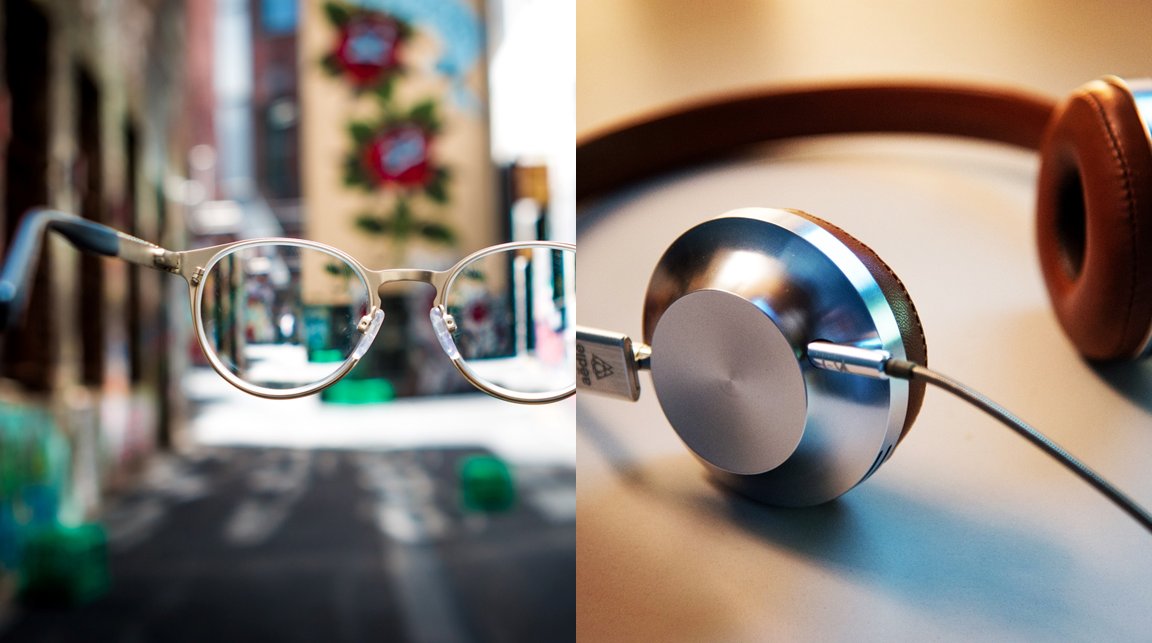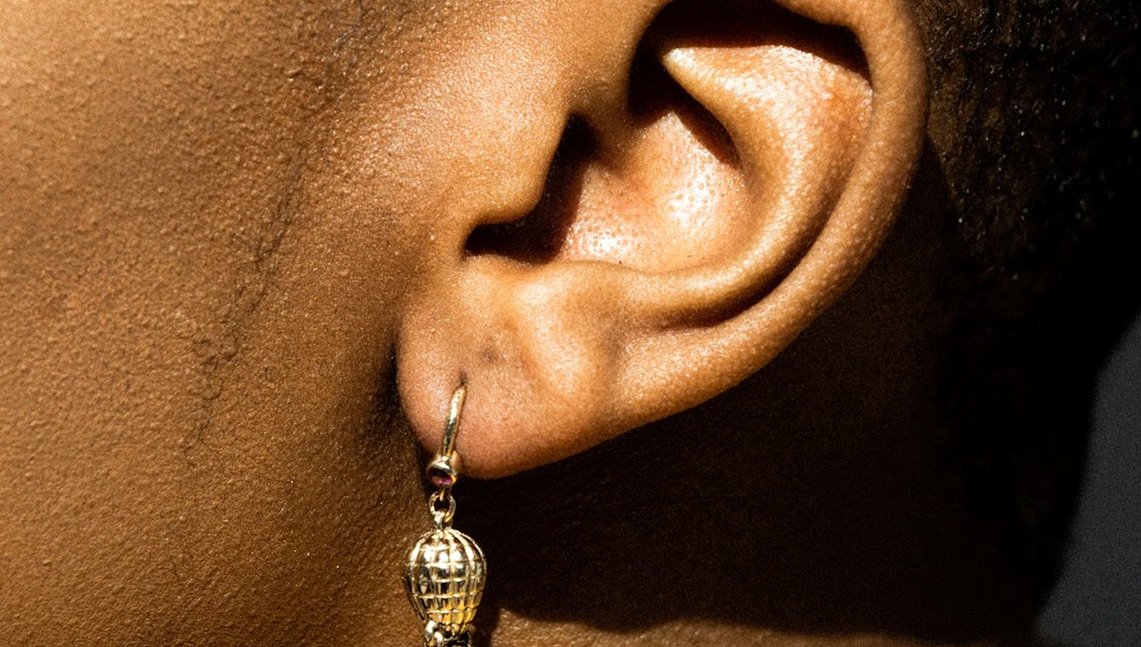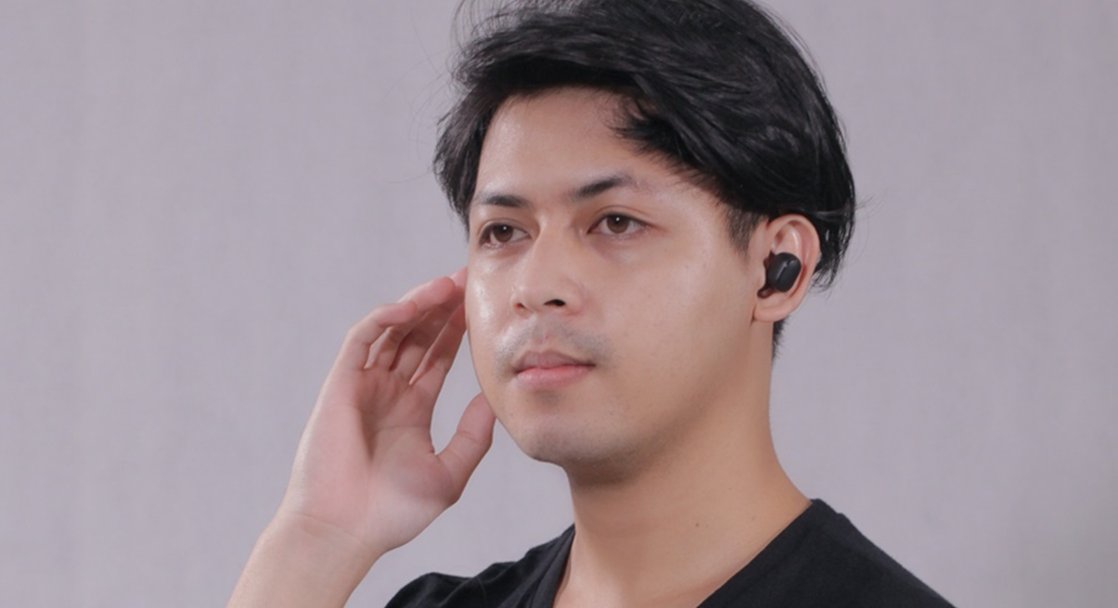
So why did I enter into cardiovascular research? 👀
Well I fell in love with cardiovascular pharmacology during my BSc and was intrigued about the pathophysiology of various CVDs such as heart failure, atherosclerosis, hypertension, myocardial ischaemia and arrhythmias
Well I fell in love with cardiovascular pharmacology during my BSc and was intrigued about the pathophysiology of various CVDs such as heart failure, atherosclerosis, hypertension, myocardial ischaemia and arrhythmias
My PhD research in particular is looking into the biological mechanisms of obesity within the adipose tissue and how this can lead to the manifestation of CVDs #BlackInCardioWeek #BlackInCardioMetabolic
Obesity is one of the main risk factors of cardiovascular disease and it usually arises when there is an imbalance between the calories consumed and calories expended especially the excessive consumption of high fat food.
The adipose tissue is known to remodel by means of hypertrophy and/or hyperplasia during the onset of obesity to accommodate the excess calories consumed. Hypertrophy (increase in size) can lead to pathologies such as inflammation, oxidative stress and metabolic syndrome.
The aim of my research is to understand the exact mechanisms at play in terms of signalling within the adipose tissue in both the visceral (abdomen) and pericardial (around the heart) regions and how these can lead to CVDs.
In particular, the functionality of pericardial adipose tissue has much more implications in terms of how hypertrophic expansion effects the heart due to its close proximity to the heart.
Most importantly, the understanding of the cellular signalling in terms of inflammation, adipokine secretion and oxidative stress can aid in elucidating new therapies in order to rectify such pathologies.
• • •
Missing some Tweet in this thread? You can try to
force a refresh






